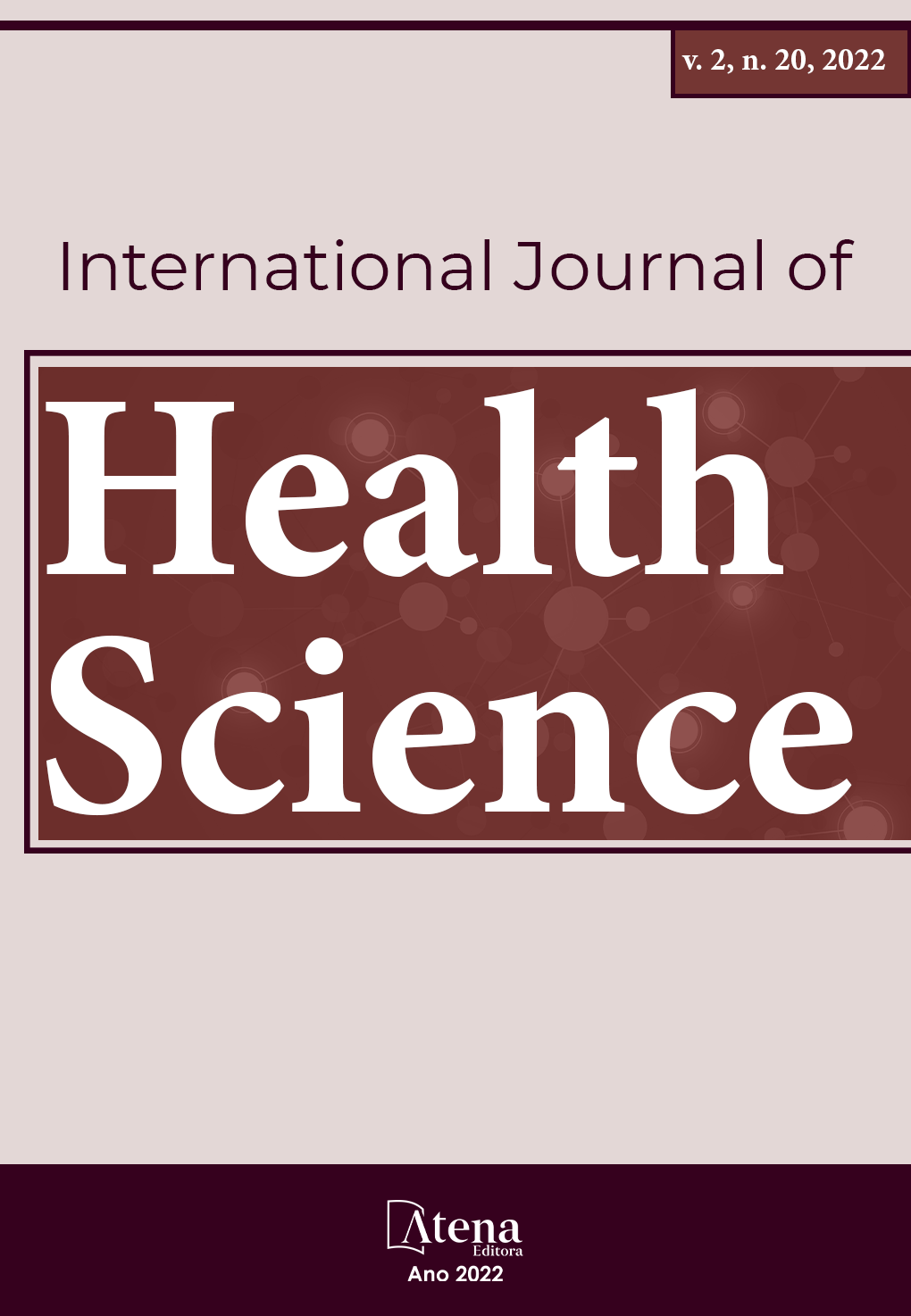
THE RISK OF LATE BREAST CANCER SCREENING VERSUS AXILLARY LYMPHADENOPATHY ASSOCIATED WITH COVID-19 VACCINATION
The coronavirus disease 2019 (COVID-19) pandemic has significantly impacted morbidity and mortality worldwide. Unilateral axillary lymphadenopathy induced by the COVID-19 vaccine is particularly relevant in women with breast cancer, with a predilection for metastasis to the axillary lymph nodes. Clinicians, radiologists, and patients may be concerned about COVID-19 vaccine-induced unilateral axillary lymphadenopathy because it may be a sign of breast cancer metastasis, leading to a diagnostic conundrum over whether to recommend a biopsy or short-term follow-up. This literature review aims to assess the best available evidence of axillary lymphadenopathy after COVID-19 vaccination. Recognizing COVID-19 vaccine-induced unilateral axillary lymphadenopathy as a potential differential diagnosis and making efforts to investigate the patient's vaccination history are crucial to avoid overestimating the burden of axillary disease and making appropriate therapeutic recommendations.
THE RISK OF LATE BREAST CANCER SCREENING VERSUS AXILLARY LYMPHADENOPATHY ASSOCIATED WITH COVID-19 VACCINATION
-
DOI: 10.22533/at.ed.1592202218049
-
Palavras-chave: Vaccina; Lymphadenopathy; Covid-19
-
Keywords: Vaccina; Lymphadenopathy; Covid-19
-
Abstract:
The coronavirus disease 2019 (COVID-19) pandemic has significantly impacted morbidity and mortality worldwide. Unilateral axillary lymphadenopathy induced by the COVID-19 vaccine is particularly relevant in women with breast cancer, with a predilection for metastasis to the axillary lymph nodes. Clinicians, radiologists, and patients may be concerned about COVID-19 vaccine-induced unilateral axillary lymphadenopathy because it may be a sign of breast cancer metastasis, leading to a diagnostic conundrum over whether to recommend a biopsy or short-term follow-up. This literature review aims to assess the best available evidence of axillary lymphadenopathy after COVID-19 vaccination. Recognizing COVID-19 vaccine-induced unilateral axillary lymphadenopathy as a potential differential diagnosis and making efforts to investigate the patient's vaccination history are crucial to avoid overestimating the burden of axillary disease and making appropriate therapeutic recommendations.
-
Número de páginas: 7
- Emanuelle de Melo Balthazar
- Ana Carolina Moraes Gomes de Souza
- Andre Luis Yamamoto Nose
- Eduardo Bruno Giordano
- Patrick de Abreu Cunha Lopes


